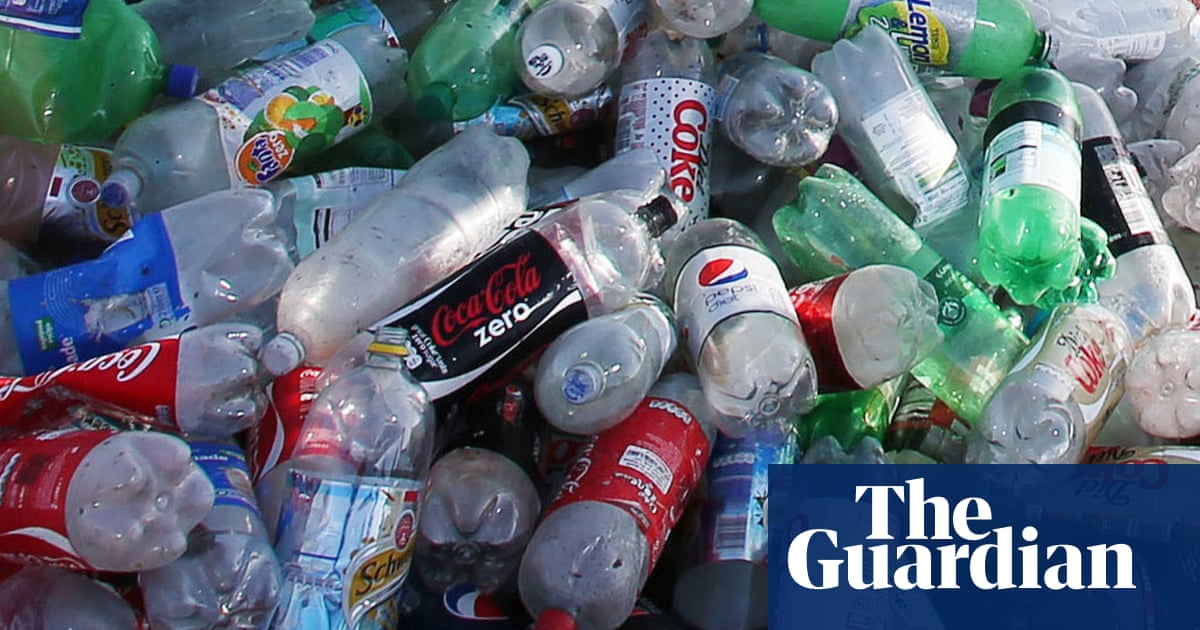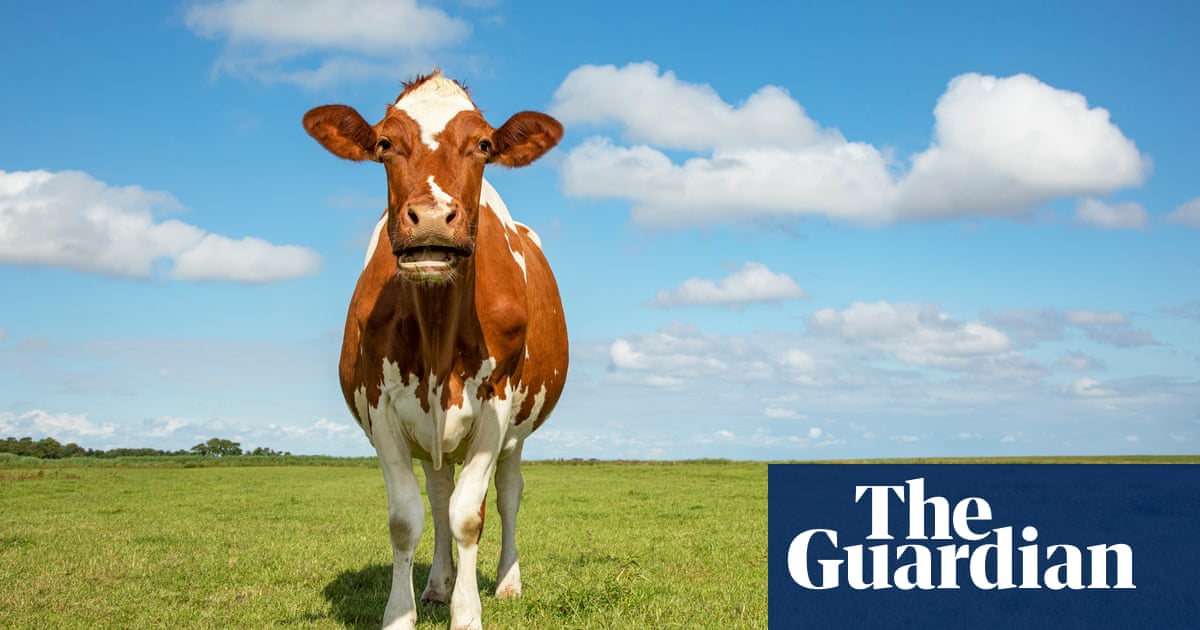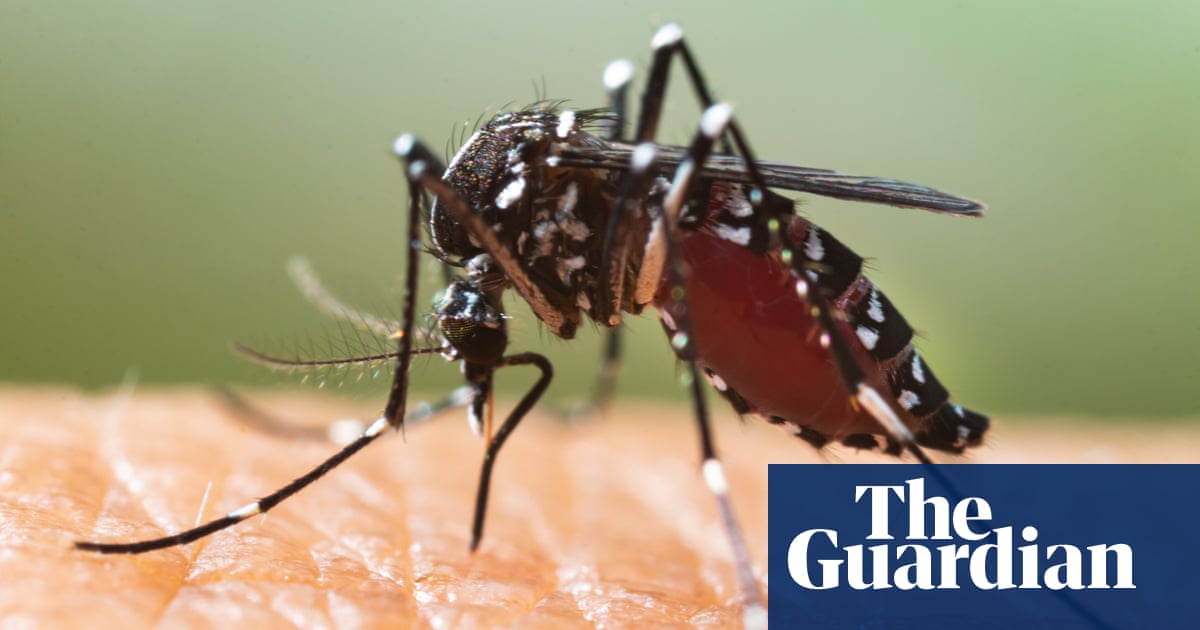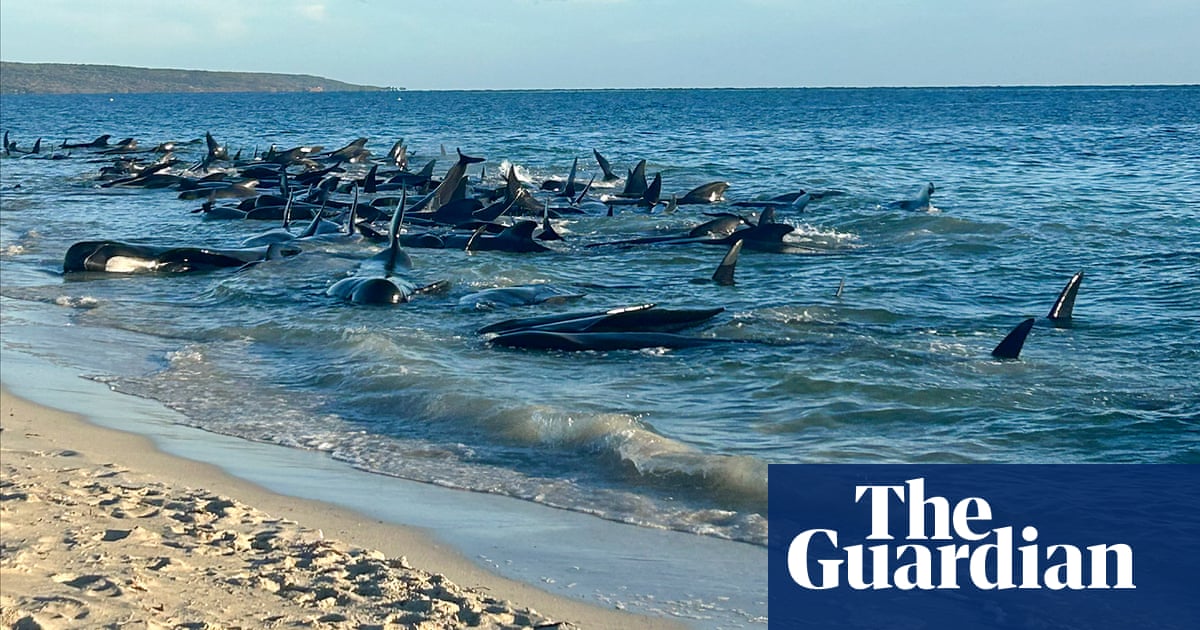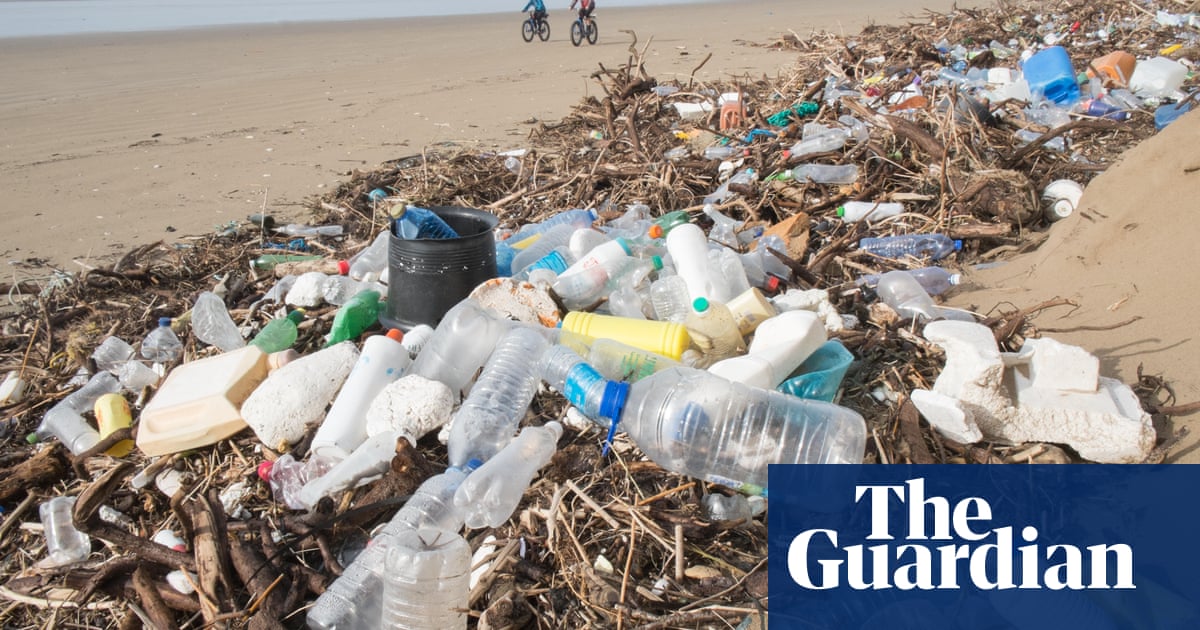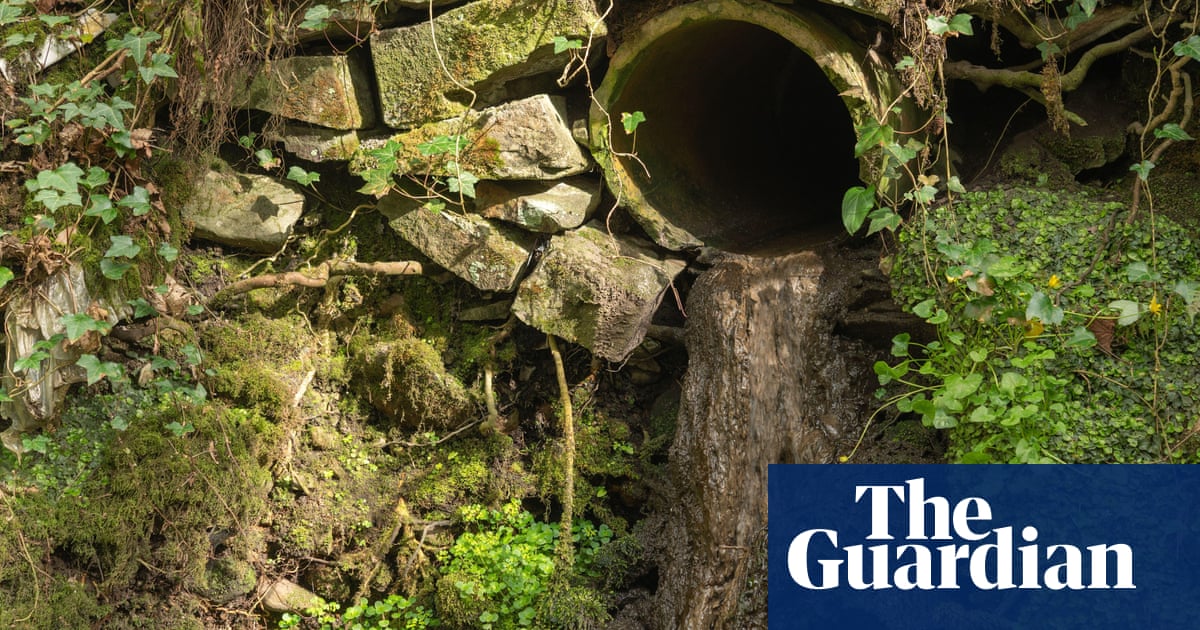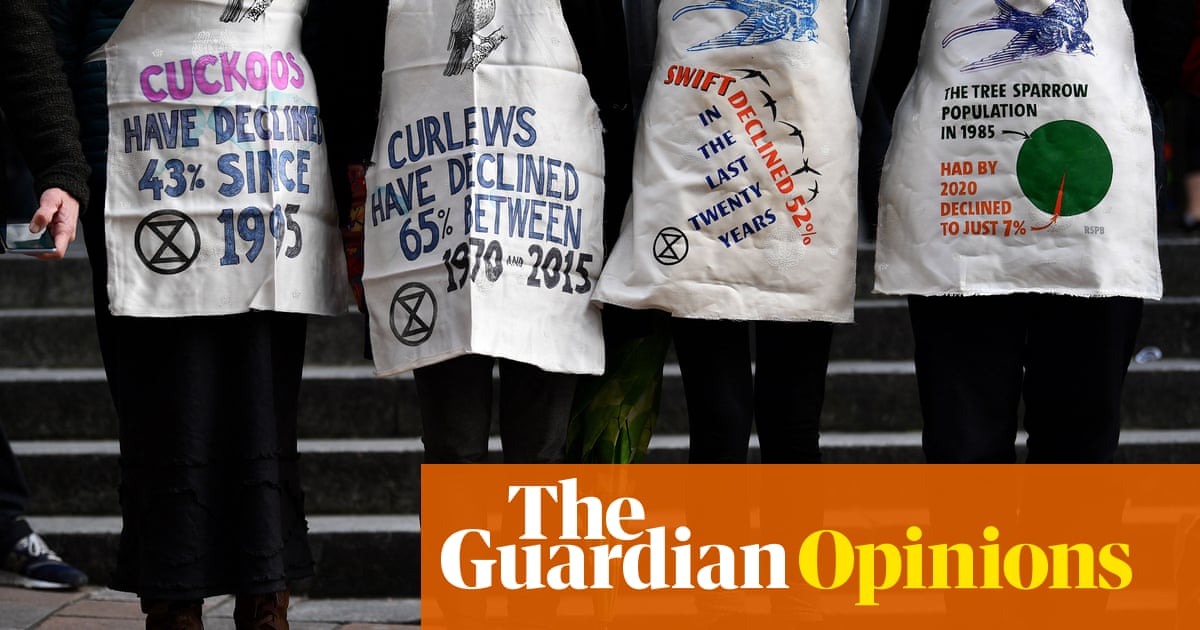A UK deposit return scheme for recycling drinks bottles has been delayed to 2027, meaning it will not be in place until almost a decade after it was proposed.
Campaigners say the delay is a âhuge disappointmentâ, adding they are doubly dismayed that the plan will not include glass bottles.
The environment minister Robbie Moore told parliament on Wednesday that the scheme would not include glass because glass recycling would âcreate undue complexity for the drinks industry and it increases storage and handling costs for retailersâ. Large drinks companies have been lobbying the government to remove glass from the scheme across the UK.
He said the delay was because additional time was needed to synchronise the policy of the devolved administrations in Northern Ireland, Scotland and Wales with that in England. Scotland has agreed to remove glass from its scheme after being asked to by the UK government, but Wales is still including it.
Moore said: âWe will continue our conversations with the Welsh government, but if their position does not change, we will reiterate the duty to protect the UK internal market and facilitate free trade within the UK so businesses can continue trading unhindered across the UK and ensure better prices and choice for consumers.â
UK consumers use an estimated 13bn plastic drinks bottles a year. Only 7.5bn are recycled, with the remaining 5.5bn sent to landfill, littered or incinerated. The scheme is intended to cut litter on land and sea by paying consumers a small cash sum to return their bottles and cans. Once returned, retailers are responsible for properly recycling the containers. Deposit return schemes have increased recycling rates to more than 90% in other countries.
Sandy Luk, the chief executive of the Marine Conservation Society, said: âItâs a huge disappointment that the new scheme isnât going to start for another three years and isnât going to cover glass bottles. For our oceanâs sake, we canât keep kicking the can â or bottle â down the road. We call on the UK government to speed up this law and to follow Walesâs ambition to include plastic, metal and glass.â
The charity Keep Britain Tidy estimates 25bn bottles and cans will be littered between now and the start of the scheme. Allison Ogden-Newton, the head of the charity, said: âThis delay means oceans of bottles and cans will continue to needlessly pile up in bins and continue to be strewn on roadsides and in our green spaces, rather than being recycled.
âThe exclusion of glass is hugely disappointing. Glass containers start fires and cause harm to people, pets and wildlife. This is why 78% of people want to see it included in a deposit return scheme. We are pleased that Wales look determined to pursue their best-in-class scheme, and encourage the rest of the UK to follow suit.â
after newsletter promotion
Steve Reed, the shadow environment secretary, said: âWeâve gone through four prime ministers since the Conservative government first promised a deposit return scheme for recycling bottles. And yet it will be nearly a decade until they have something to show for it. The Conservatives simply donât care that plastic bottles end up littering our streets, parks, rivers and seas. Labour will work across Britain and with business to bring in a deposit return scheme that will stop this waste and clean up our environment.â
